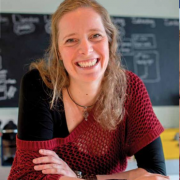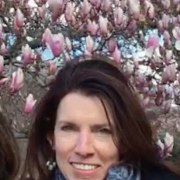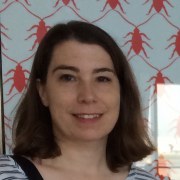How to connect formal and informal education at a regional or local level? Schools, after-school care institutions, science centres, museums, zoos, libraries, nature organisations, farms, companies... A well-functioning learning ecosystem creates an environment full of connected STEM learning paths and provides children with equal opportunities to take ‘their next step’. What are the opportunities, requirements and pitfalls when creating a learning ecosystem?
In this session we actively alternate inspirational presentations with fun and deepening activities. We will first briefly explain the bigger picture (what is a learning ecosystem?). After a short mind mapping exercise, we will then focus on latest findings and ideas. Through amusing role playing you will experience how various elements or organisations can either impede or help the creation of a learning ecosystem. We will also help each other: what is your next step?
Facilitator
Session legacy
In our full session at Ecsite local learning ecosystems were discussed. Here you can find our presentation.
Convenor Marianne stressed the importance of local connections and inclusion. We must give children opportunities to develop their talents in the field of STEM, based on their own interests, in a way that suits where and how they (want to) learn.
Bronwyn Bevan explained that opening doors to pursue your interests and commitments requires more than just the doors being available. Learn more about involved people, places and pursuits through this Spokes article.
The mindmap exercise (see slide 22) is advised to all who want to dive deeper in their own possibilities and local connections. Our participants were completely silent and told us it opened their eyes to think about learning from a learners perspective.
Meie van Laar shared experiences from The Netherlands. Her experience shows clearly we should not only focus on the children we want to reach. Being successful and having impact also very much depends on participation, involvement encouragement and of the teachers (school) and parents (home).
Karen, Kevin and Laurie told us working in learning ecosystems is both challenging as rewarding. The process is important, can be messy and is not fully predictable. Brokering is very important. By actively connecting learning possibilities you help people to find and follow their own learning paths.





